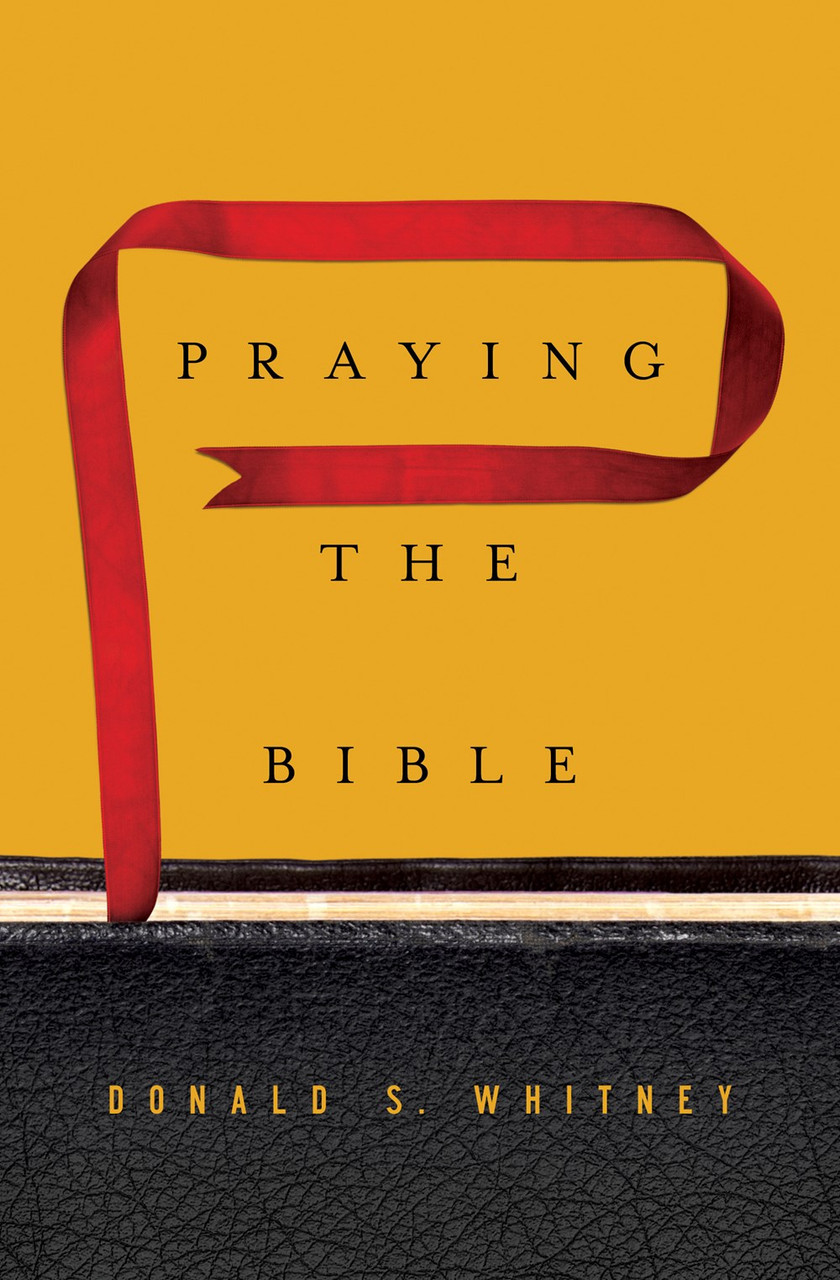
Consider these reactions to the news of Christ's resurrection:
“So they departed quickly from the tomb with fear and great joy, and ran to tell his disciples.” – Matthew 28:8
“And they went out and fled from the tomb, for trembling and astonishment had seized them, and they said nothing to anyone, for they were afraid.” – Mark 16:18
“But Peter rose and ran to the tomb; stooping and looking in, he saw the linen cloths by themselves; and he went home marveling at what had happened.” – Luke 24:12
“They said to each other, ‘Did not our hearts burn within us while he talked to us on the road?’” – Luke 24:32
“Then the other disciple, who had reached the tomb first, also went in, and he saw and believed” – John 20:8
“Thomas answered him, ‘My Lord and my God!’” – John 20:28
The proper response to Easter is not warm fuzzies, but awe.
How does God's Word impact our prayers?

God invites His children to talk with Him, yet our prayers often become repetitive and stale. How do we have a real conversation with God? How do we come to know Him so that we may pray for His will as our own?
In the Bible, God speaks to us as His children and gives us words for prayer—to praise Him, confess our sins, and request His help in our lives.
We’re giving away a free eBook copy of Praying the Bible, where Donald S. Whitney offers practical insight to help Christians talk to God with the words of Scripture.

